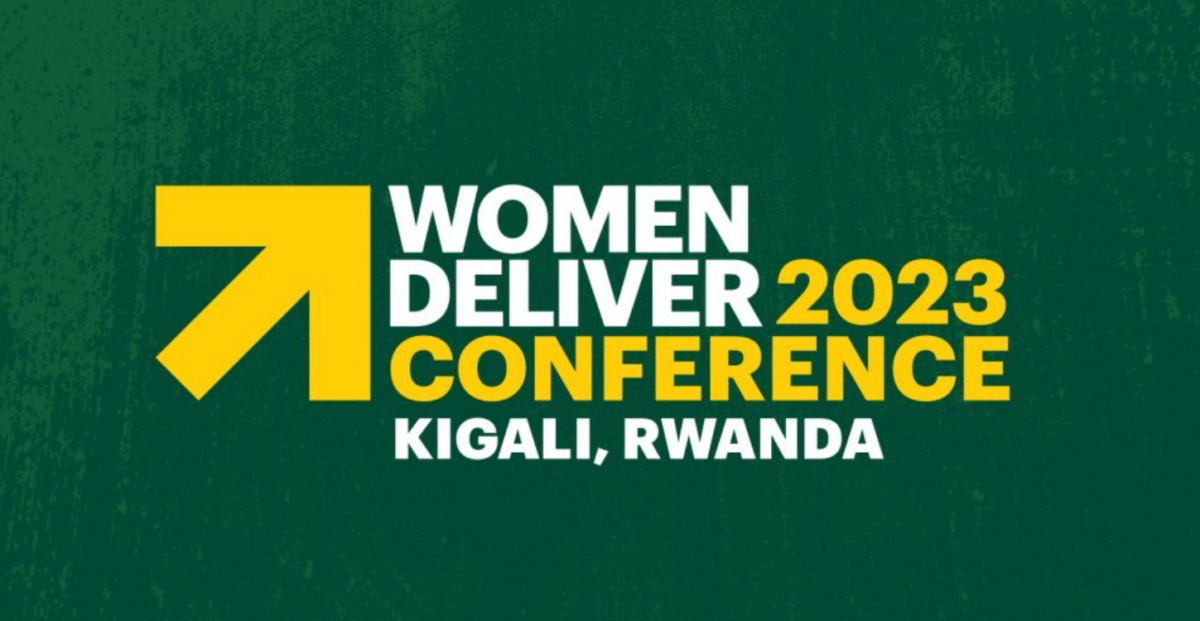
It was my first time attending the Women Deliver conference on behalf of my organisation Link Education International, an NGO working on girls’ education in disenfranchised communities of Ethiopia, Malawi, Uganda and Rwanda.
I attended the conference, thanks to its proximity, as I am based in Addis Ababa while the conference was held in Kigali, Rwanda, the first time in the Africa continent. The motto of the conference this year was: ‘Spaces, Solidarity, Solutions’ and indeed Women Deliver 2023 provided an energizing space to discuss practical ways to advance gender equality with a particular focus on sexual and reproductive health and rights.
An underlying motif of the conference was access to quality education, which once again proves to be a key tool to attain gender equity. This was reiterated over and over again throughout the conference by education activists such as Malala, who graced the stage of Women Deliver 10 years after her memorable speech at the UN. On July 12 2013, she encouraged all of us to pick up our books and pens and “wage a global struggle against illiteracy, poverty and terrorism”. Her message was echoed by Faridah Ally from Mombasa who advocated for access to education and prevention of sexual exploitation and abuse in coastal Kenya and by Apiwe Otele and Bruktawit Tigabu, two social entrepreneurs from South Africa and Ethiopia who utilise technology to break stereotypes around girls pursuing Science, Technology and Mathematics subjects and careers.
As a white man working in the development sector in a country which is not mine, the conference has given me the language, aspiration and tools to start utilising a feminist approach to my work. How can I ensure the power I have becomes a shared responsibility among all the people I work with, particularly African women who have been excluded from leadership positions due to an unequal patriarchal system? How can International NGOs increasingly work towards community-led development where money is given directly to the people who need it without the intermediation of foreign institutions, reinforcing a colonial system which seems hard to dismantle?
These are reflections I will bring back to my work after leaving Kigali. I am committed to find solutions to them as I am sure are the over 6,000 delegates from all over the world who came to Kigali to disrupt a broken system and dream of a better one.
Written by Link Education Ethiopia country representative Nicolò Di Marzo
